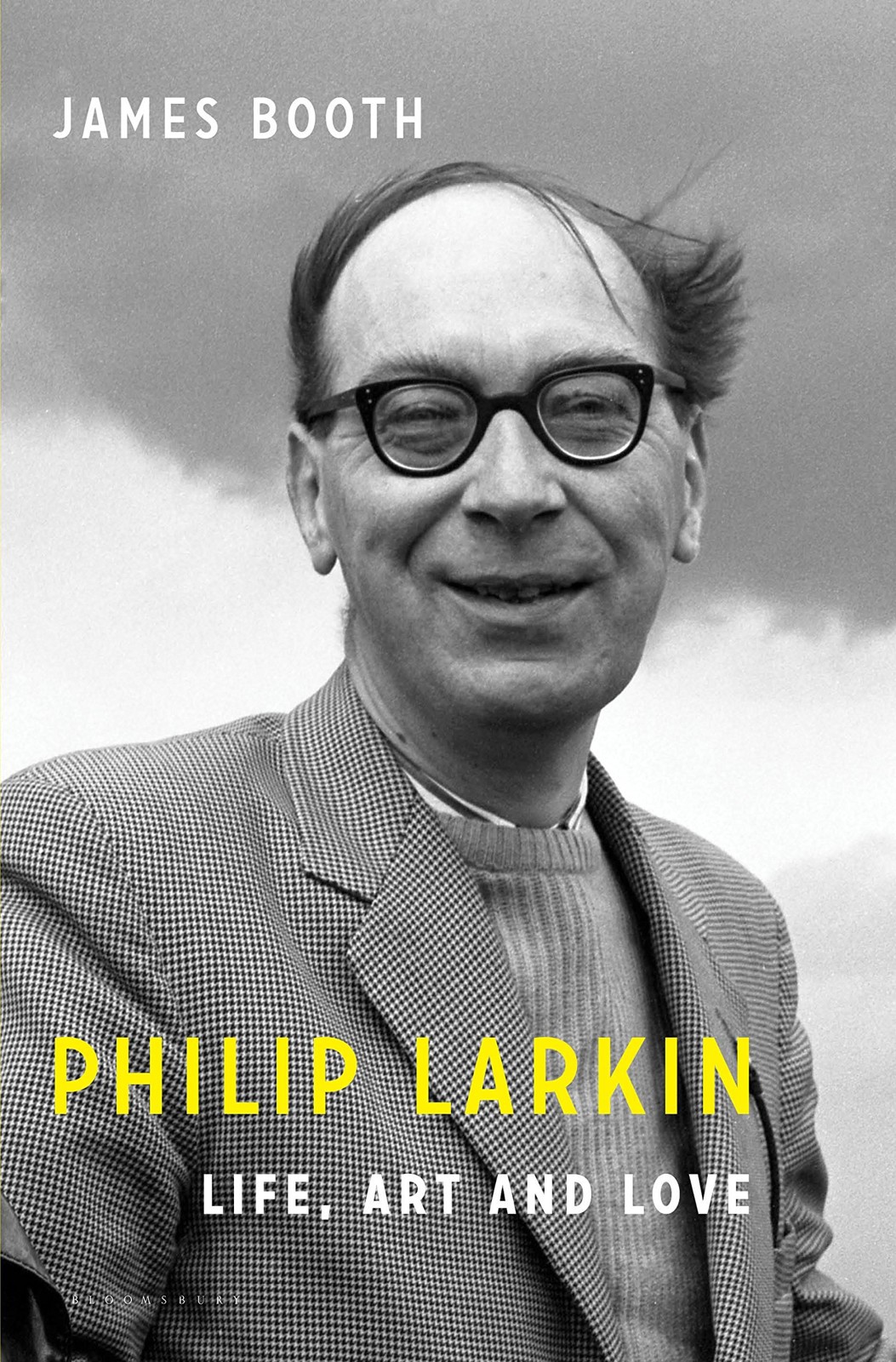
Philip Larkin
Life, Art and Love
کتاب های مرتبط
- اطلاعات
- نقد و بررسی
- دیدگاه کاربران
نقد و بررسی

May 26, 2014
Booth (Philip Larkin: The Poet’s Plight), coeditor of the Philip Larkin Society and former Larkin colleague at the University of Hull, delves deep into the poet’s writing life and sexual history in this overlong biography. By examining the context of how Larkin’s poems were constructed, Booth offers a complex study of England’s “best-loved” poet. Throughout, Booth hews close to Larkin’s text—hardly a page goes by without quoting a verse, novel, or letter. Booth is not an impartial observer, though; he staunchly defends “Larkin’s contradictions” against claims of racism, misogyny, and pornography, admitting that there is “no requirement that poets should be likeable or virtuous.” Indeed, Larkin’s poetry parallels his life in many ways, but his life outside writing is a rich source of narrative, and Booth is at his most energetic when he tells the straightforward story of Larkin’s librarianship and relationships with women. Despite his critical and popular success, Larkin was “haunted by failure” and Booth neatly traces the origins of the poet’s psychological pain. According to Booth, “the key to Larkin, the poet and the man, is an ingenuous openness to life’s simplest pleasures and pains.”

September 15, 2014
A scholar who has published previously about Philip Larkin (1922-1985) returns with a full-meal biography glowing with admiration.Booth (Philip Larkin: The Poet's Plight, 2005), who was for nearly two decades one of Larkin's colleagues at the University of Hull, does not find a lot to dislike in this lushly detailed life. Where others have found fault, the author often begs to differ. In Larkin's letters, for example, are occasional terms and phrases that many readers find racially offensive. Booth characterizes them as "performative riffs," examples of Larkin's linguistic posturing. After a defensive introduction (Larkin was neither a racist nor a misogynist), Booth proceeds in chronological fashion. We learn about Larkin's parents (his mother lived until 1977), his lifelong passion for classic jazz (and, later, his unhappiness with John Coltrane and other more modern performers), his schooling and his off-and-on friendship with Kingsley Amis. Both were hopeful novelists, but when Amis' Lucky Jim (1954) appeared and soared, Larkin, who had published a couple of novels in the mid-1940s, turned exclusively to poetry. Larkin became a librarian and held various positions throughout his life, jobs that enabled him to have time for his poetry, and his verse soon became both popular and honored. Booth spends many pages discussing individual poems, as well as the drafts Larkin recorded in his many workbooks. Most of these analyses are accessible, though we occasionally read something precious: "The hissing monosyllable 'this' with its high short vowel seems arrogant." Booth also charts the poet's intimate relationships with various women (Larkin sometimes maintained as many as three simultaneously). We read, too, about his jealous disdain for Ted Hughes (he preferred Sylvia Plath's poetry), as well as his physical decline (including deafness) preceding the arrival of the cancer that killed him. Definitive in its scope and detail but somewhat too hagiographic.
COPYRIGHT(2014) Kirkus Reviews, ALL RIGHTS RESERVED.

June 1, 2014
Philip Larkin has long been regarded as one of Britain's most distinguished 20th-century poets--and by many as too tartly superior in his attitude toward women and minorities for comfort. Booth, literary adviser and coeditor of the Philip Larkin Society and Larkin's colleague at the University of Hull for 17 years, revisits Larkin's early years and the response to the intense competition of academia with the aim of offering a broader, more nuanced view of Larkin's life.
Copyright 2014 Library Journal, LLC Used with permission.

























دیدگاه کاربران